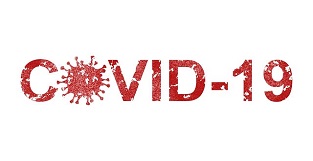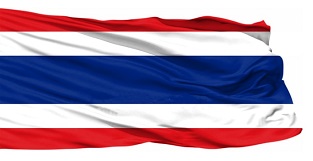The shock to the global economy from COVID-19 has been both faster and more severe than the 2008 global financial crisis (GFC) and even the Great Depression. In those two previous episodes, stock markets collapsed by 50% or more, credit markets froze up, massive bankruptcies followed, unemployment rates soared above 10%, and GDP contracted at an annualized rate of 10% or more. But all of this took around three years to play out. In the current crisis, similarly dire macroeconomic and financial outcomes have materialized in three weeks.
WASHINGTON (REUTERS) - The International Monetary Fund on Monday (April 6) cited limited but encouraging signs of recovery in China, the first country to suffer the brunt of the Covid-19 pandemic, but said it could not rule out a resurgence of the pandemic in China and elsewhere.
The COVID-19 pandemic has pushed the world into a recession. For 2020 it will be worse than the global financial crisis. The economic damage is mounting across all countries, tracking the sharp rise in new infections and containment measures put in place by governments.
The Rubber Authority of Thailand (RAOT) is asking the government to allow farmers to tap rubber during curfew, said Agriculture and Cooperatives Minister Chalermchai Sri-on.
The minister said tapping must be done at night well into the curfew time when the rubber trees yield latex. If farmers are barred from collecting the latex at night, they will have nothing to sell and earn no income, the minister said.
He has instructed the RAOT to seek permission from the Centre for Covid-19 Situation Administration and coordinate with the Interior Ministry, which supervises local governments to permit rubber farms to continue working during the curfew from 10pm to 4am.
Mr Chalermchai said once permission is given, the Interior Ministry will notify local leaders about the curfew being relaxed for rubber farmers in their respective areas.
But the farmers will need to strictly follow procedures to protect themselves against contracting the coronavirus while out working.
RAOT deputy governor Nakorn Takkawirapat said farmers are already suffering from dwindling overseas orders. The virus is also blamed for the closure of many privately run, latex-buying stations.
Farmers are advised to sell their latex at any of the 222 RAOT-operated buying points nationwide.
The locations include the central rubber markets in Buri Ram, Nong Khai, Surat Thani, Nakhon Si Thammarat, Songkhla and Yala as well as other affiliated markets.
Malaysia recently announced it had postponed reopening two border checkpoints to transport concentrated latex from Thailand by today, said the RAOT.
Source: Bangkok Post
BEIJING (Reuters) - China’s light vehicle production will drop 11.5% this year to around 21.6 million vehicles and will rebound by 7.5% next year, research firm IHS Markit predicted on Monday.
HONG KONG (Reuters) - Companies in the Asia Pacific need to raise a near record $69.3 billion to refinance their existing borrowings in the second quarter, Refinitiv figures show, as the region’s capital markets remain turbulent due to the coronavirus pandemic.






